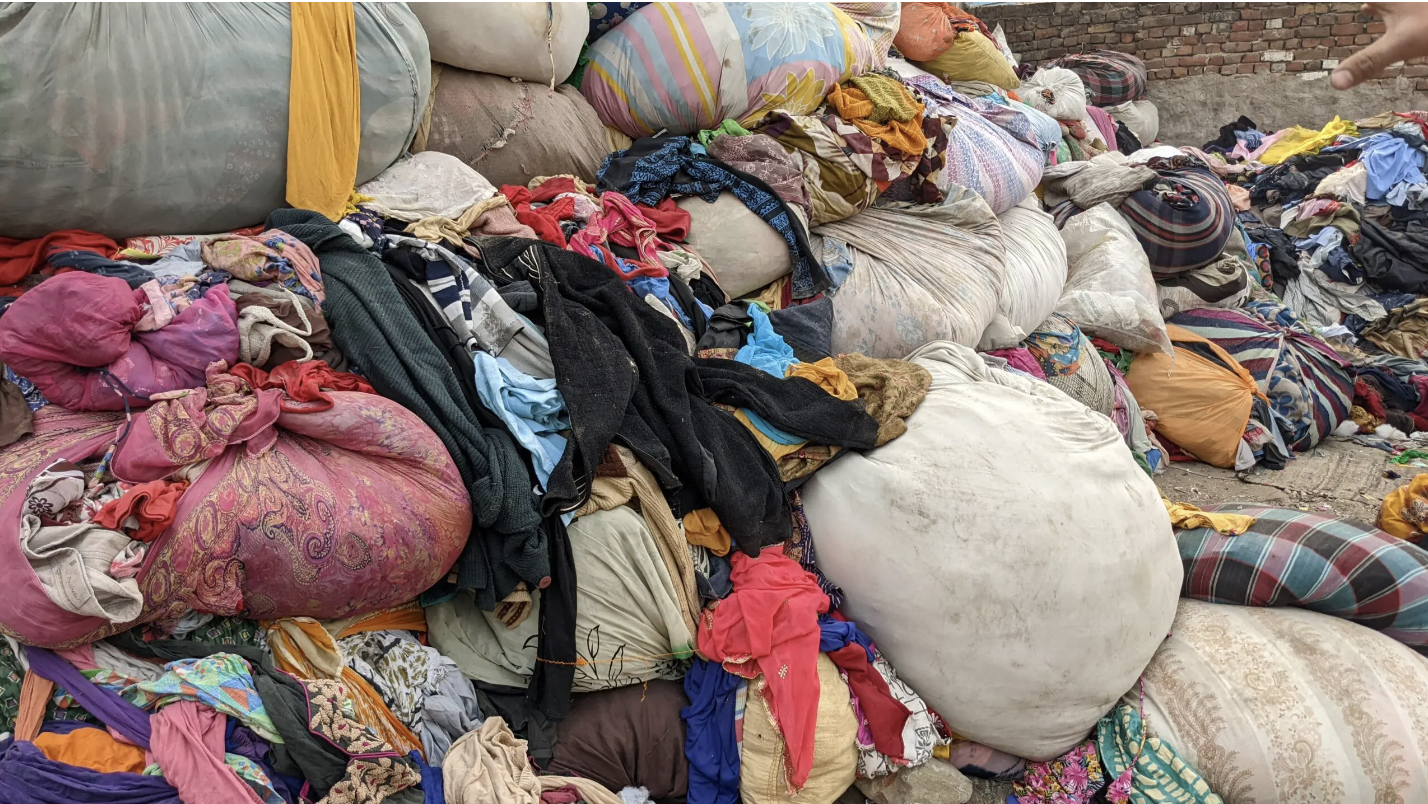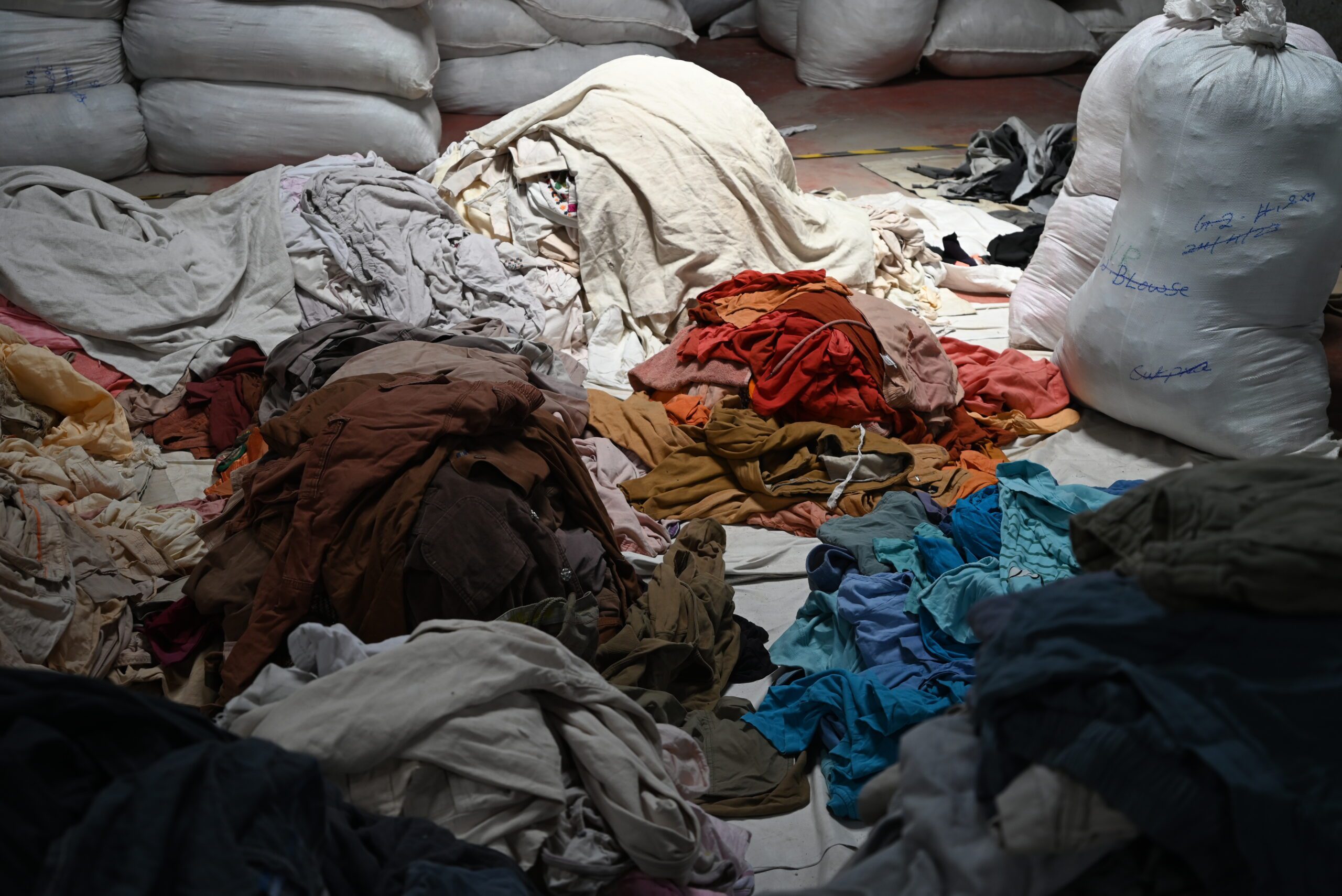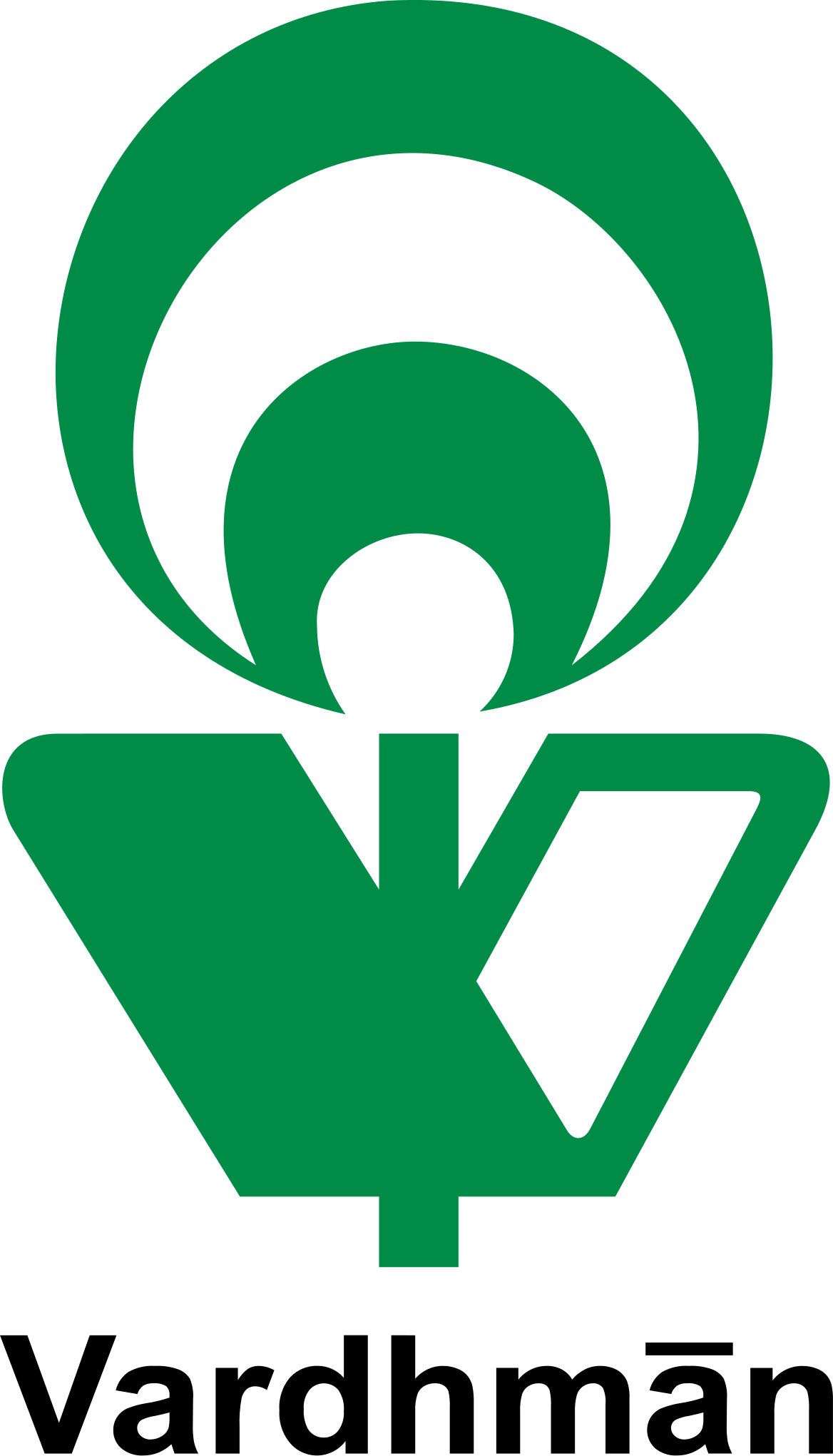
Sorting for Circularity India: Post-Consumer Pilot
India generates around 3,944k tonnes of post-consumer textile waste annually, with 48% viable for recycling feedstock, though inadequate sorting and recycling systems prevent full utilisation. This project involved two primary pilots that tested sorting innovations: Matoha’s FabriTell desktop scanner for semi-automated sorting and PICVISA’s ECOSORT for fully automated sorting. The pilots aimed to assess these technologies’ ability to categorise waste by fibre and colour efficiently, ultimately facilitating quality feedstock production for recycling. Initial findings suggest India could effectively harness a closed-loop textile recycling system, with cotton and polyester blends as dominant waste types.
Problem Statement
India’s substantial post-consumer textile waste remains largely untapped for recycling due to fragmented collection and sorting systems. Only through improved waste categorisation and sorting infrastructure can this waste serve as high-quality recycling feedstock, supporting a sustainable, circular textile industry.
Executive Summary
India generates around 3,944k tonnes of post-consumer textile waste annually, with 48% viable for recycling feedstock, though inadequate sorting and recycling systems prevent full utilisation. This project involved two primary pilots that tested sorting innovations: Matoha’s FabriTell desktop scanner for semi-automated sorting and PICVISA’s ECOSORT for fully automated sorting. The pilots aimed to assess these technologies’ ability to categorise waste by fibre and colour efficiently, ultimately facilitating quality feedstock production for recycling. Initial findings suggest India could effectively harness a closed-loop textile recycling system, with cotton and polyester blends as dominant waste types.
Goals of the Project
-
Evaluate the current textile waste ecosystem in India, specifically identifying textile composition and recycling potential.
-
Demonstrate scalable, cost-effective solutions that can enhance the circular textile economy through traceable waste streams and optimised infrastructure for collection, sorting, and recycling.
-
-
-
Timeline
-
Q4 2022
Project kick off
-
Q1 2023
In person training with the sorter handbook, finalised scope and roles
-
Q2 2023
Conducted semi-automated sorting with four sorters; sorted 33 tonnes of waste, categorised materials with FabriTell/Matoha scanners, and manually logged data with its application
-
Q3 2023
Reviewed pilot data, adjusted protocols, and introduced the Reverse Resources platform
-
Q4 2023
Tested automated sorting at PICVISA in Spain; assessed accuracy in identifying fibre, colour, and type, comparing results with Matoha.
-
Q4 2023
Project Close
Project Results
-
Analysis showed that India’s textile waste composition is primarily cotton (43%) and polyester blends (27%), underscoring high recycling potential
-
The Matoha pilot revealed around 10% of collected materials were rewearable, while the PICVISA pilot demonstrated higher sorting throughput, suitable for large-scale recycling.
-
The pilots underscored the need for additional infrastructure and consistency in sorting processes, paving the way for further developments in domestic collection and processing capabilities.
-
-
Innovation Partners
Project Partners
Innovators
Implementation Partners
Relevant Resources

Fashion for Good Launches The Sorting for Circularity India Project

Report Launch: Fashion Innovation Landscape in India

Sorting for Circularity India Toolkit Launched: Pioneering Partnership Sets India on Path to Next-Gen Textiles Leadeship

Wealth in Waste: India's Potential to Lead Circular Textile Sourcing

Launch of Sorting For Circularity India

Project to Build a New Textile Waste Value Chain in India
Together with partners Adidas, Levi Strauss & Co, and PVH Corp, Fashion for Good is backing a new consortium project to understand both the pre-consumer and post-consumer textile waste streams in India, and to pilot sorting and mapping solutions. The Sorting for Circularity India Project aims to build an infrastructure towards greater circularity in the years to come.
Other Projects

The Next Stride: Bio-based Materials for Footwear Soles
“The Next Stride: Bio-based Materials for Footwear Soles” aims to validate the performance and environmental impact of bio-based polymers as sustainable alternatives to the fossil fuel-derived materials currently used in footwear soles. The objective is to collectively de-risk the transition to these “next-generation” materials by rigorously testing their technical properties and assessing environmental benefits. Ultimately, the purpose is to accelerate the adoption of these bio-based solutions and pave the way for a more sustainable footwear industry.

Beyond50 Denim: Combining Cottonised Hemp And Green Chemistry
“Beyond50 Denim: Combining Cottonised Hemp And Green Chemistry” aims to validate the performance and environmental impact of cottonised hemp processed with green chemistry to act as a true alternative to cotton in denim applications. The project goal is to evaluate the performance of SEFF’s cottonised hemp fibre in combination with Fibre52’s bio-friendly chemistry solution within denim fabric applications with a total hemp content of 50% and above. The fabrics will be benchmarked against conventional 100% cotton denim with a specific focus on handfeel and aesthetic characteristics.

Price Parity Toolkit
The Price Parity Toolkit (PPT) was designed to help bridge the price gap between next-gen* and conventional materials. Developed by Fashion for Good with the support of Canopy, this industry-supported framework introduces a financing mechanism that decouples price premiums at early stages of the supply chain to enable adoption and drive the scale of lower-impact materials.






















